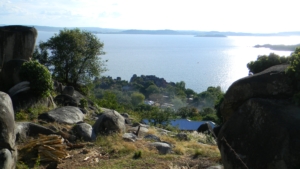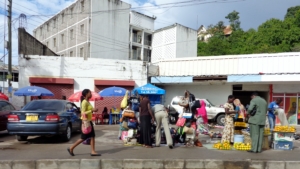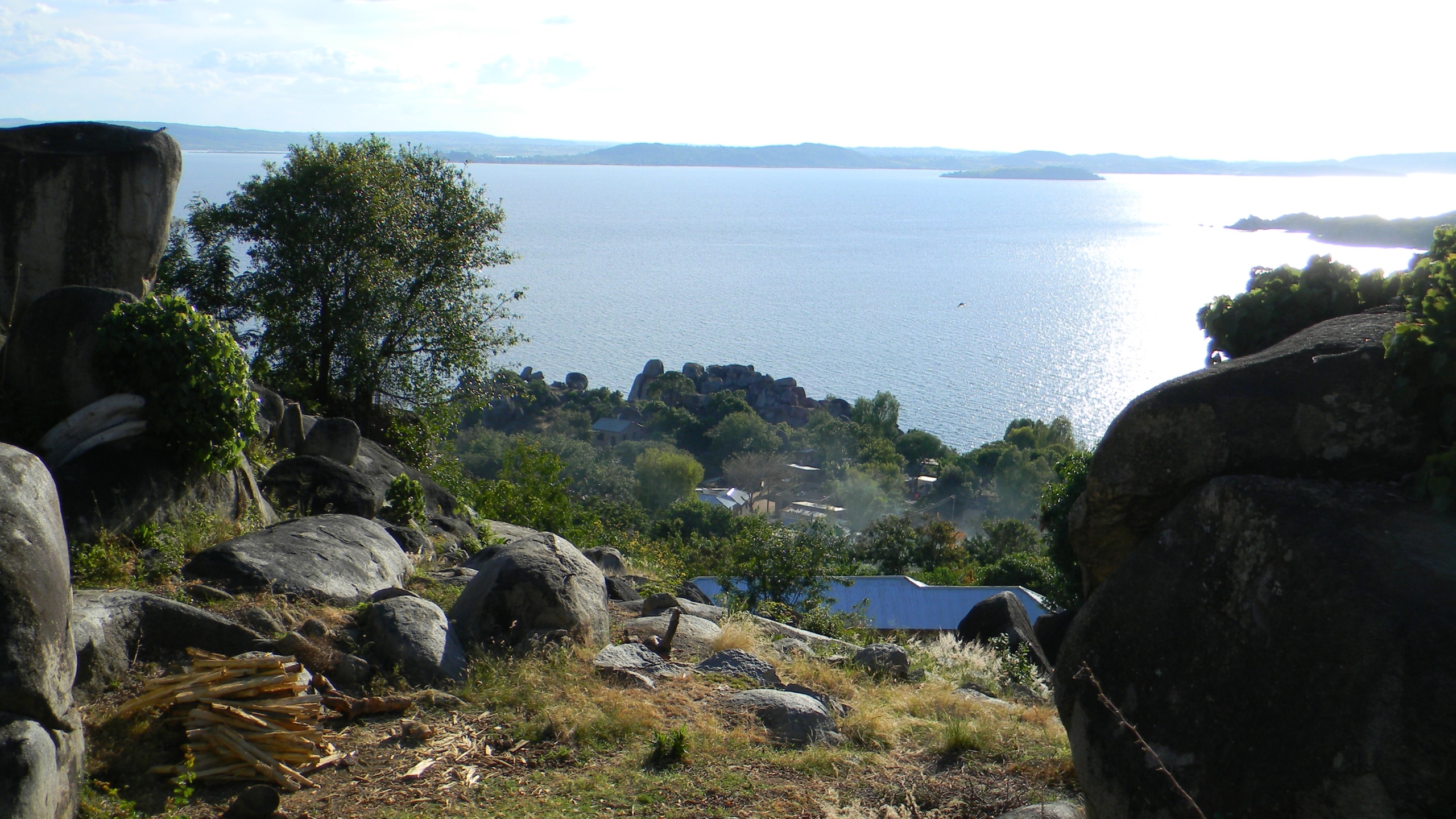 A few years ago, I had the incredibly fortunate opportunity to “follow” one of my sons to Tanzania. He was a new young doctor in the midst of his pediatric residency, and his resident program included a 6-week rotation at the Bugando Children’s Medical Center in Mwanza, Tanzania. My wife encouraged me to follow him to Africa and join him for some time together when his rotation experience was done. He had recently married and she said, “You may never get a chance like this again to spend some time with him. He’ll be incredibly busy when he returns and so will you. Do it!”
A few years ago, I had the incredibly fortunate opportunity to “follow” one of my sons to Tanzania. He was a new young doctor in the midst of his pediatric residency, and his resident program included a 6-week rotation at the Bugando Children’s Medical Center in Mwanza, Tanzania. My wife encouraged me to follow him to Africa and join him for some time together when his rotation experience was done. He had recently married and she said, “You may never get a chance like this again to spend some time with him. He’ll be incredibly busy when he returns and so will you. Do it!”
So I did. The entire experience was one of our best times ever together, and filled me with admiration for him and his commitment to pediatric medicine. It also gave me the opportunity for me to learn first-hand about more of our world. When I first arrived, I set up at a hotel in a different part of Mwanza than where my son was, as the hospital had the 3 residents staying in a very spartan, downtown building operated more like a hostel than a hotel. His residency program rotated 2-3 residents every 6 weeks to Tanzania, and several times each year would send a medical student to Chicago for an exchange experience. The small hotel I chose was extremely reasonable, comfortable and immaculate, situated 50 yards from beautiful Lake Victoria. An amazing blessing in itself.
We had tried several Skype calls with him prior to my arrival, and the cultural differences began to show when we had to adjust to the fact that our son’s calls could only be made from one spot in a hallway of the hospital because the internet was so poor. Medical records were on yellow legal pads. There often there wasn’t enough oxygen for the kids who needed it, or they had to make decisions about which antibiotic to use in place of the one they preferred. Sometimes parents had to take their children back home and wait to be contacted when the parts came in for the broken CT scanner, even if they had walked to the clinic, carrying their child for perhaps days. The residents did learn lessons in how to provide medical treatment and comfort even when they didn’t have every treatment or diagnostic tool at hand. The birthing room was a large open room with at least 10-12 women in various stages of labor on gurneys, all going through their deliveries in the company of each other and the medical personnel moving about. I helped
a new young mother in the hallway as she struggled to get her twin babies situated for the first time in her kanga, the sling/wrap used by Tanzanian mothers to carry their babies. Struggling, yet smiling. Like so many people I met in Tanzania.
While enjoying a hot breakfast and wonderful coffee at my hotel, I noticed that the fellow who maintained the fresh fruit on the buffet and smiled so warmly to every guest had what I thought were the exact same Merrell trail runners that I really enjoyed. I complimented his choice of footwear. He was so proud to show them off to me, and I noticed that his were slightly different than mine – they were retreaded with actual tire treads. He took the cast-off, worn-out shoes from some American or European and put entirely new treads on them! As the trip went on, I realized that virtually all the

people I saw wore what was sold by street vendors – used clothing that arrived in huge bales from overseas and got taken apart and sorted for sale by different specialized vendors – baby clothes, shoes, jeans, everything we only buy new or perhaps in a resale shop.
I checked with my hotel to see if I could visit an orphanage near the city, and I located a place that actually specialized in only babies, a “baby home” as they called it. They only kept kids up to 5 years of age. If they were still there at 5, they were transferred to a different orphanage. It was started and run by a woman from England, and she explained to me that if a Tanzanian woman cannot produce enough breastmilk, they bring their child to the baby home, leaving their baby with the home until they can eat solid food. I must have looked a little shocked by this, so she explained to me that baby formula costs at least $60 per month, and the average wage for a worker in Tanzania is only about $40, hence there is no way for most to purchase formula, plus the water is unhealthy for mixing formula. Other babies were from unplanned pregnancies or women who lived in the streets, and they would bring them to the baby home hoping they would be adopted, but also might return when they or the mother’s family could cope with them as an older child. On the day I was there, several children had just returned from being seen by doctors at Bugando Medical Center, perhaps by my son. Here is the heart of my story: I have 13 adopted siblings, 8 from countries outside the U.S. As I stood in the midst of at least 30 cribs, and then knelt in the playground and was mobbed by dozens of smiling, chattering toddlers in the playground, I could only feel the tears well up inside me and my throat choking closed, realizing that any one of my adopted siblings could have started in a place like this, and likely one not nearly as nice and clean and loving as this place was. Every single smiling child wanted to touch me, and I couldn’t hug them all at once, but I tried!
Truly this place was filled with the Grace of God. It was palpable. I will never forget the experience and the feeling. Lessons from Mwanza. Moments of Grace.


Our God pays special attention to children and those who nurture and care for them. What a wonderful story, Dave. I choked up some reading it.
Nurture not nitrite. Sometime spell check is such a pain
I fixed it. 🙂